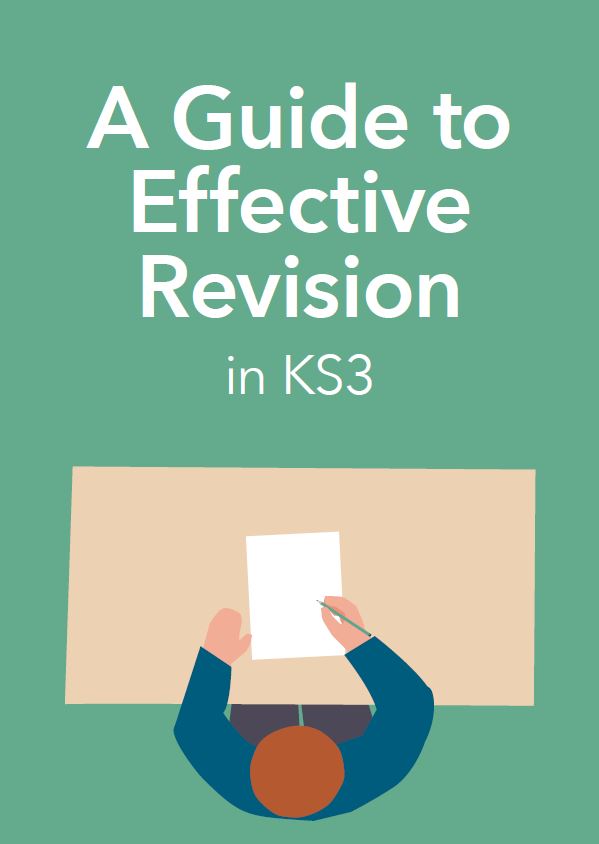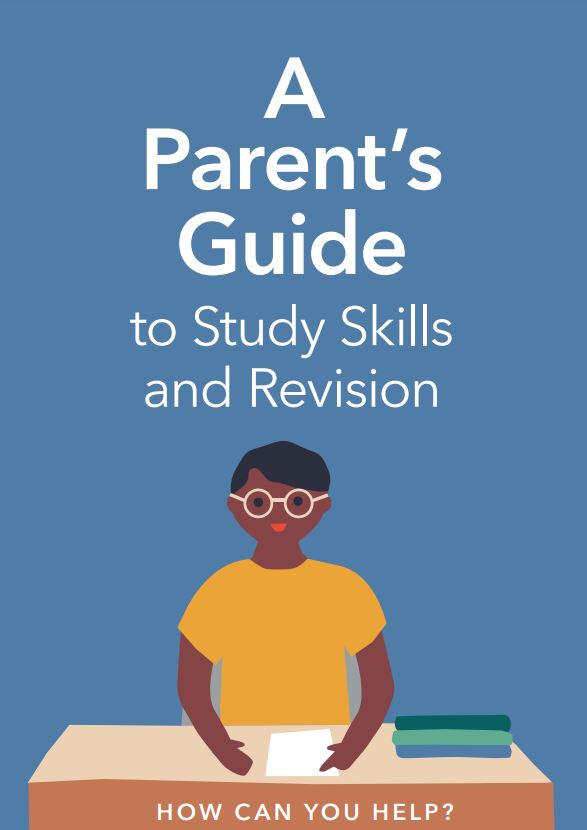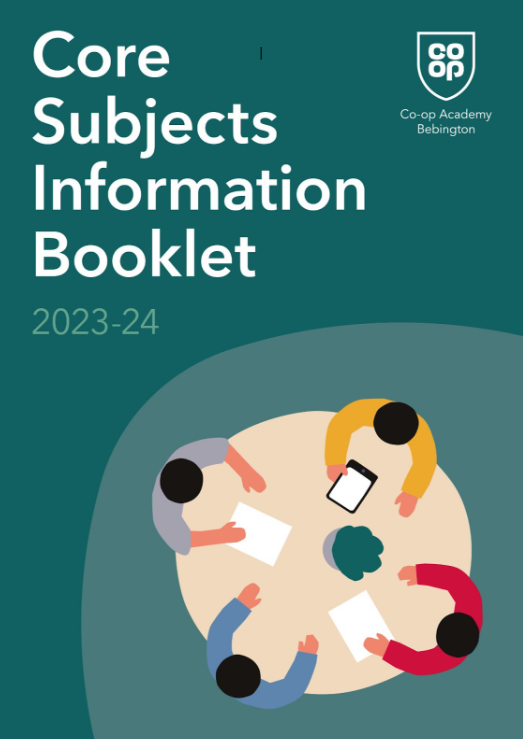Academic Support
Independent Learning
Effective Independent Learning at Co-op Academy Bebington, 2023-24
Homework at The Academy is referred to as Independent Learning.
The key findings of the Education Endowment Foundation report into student homework are as follows:
1. Homework has a positive impact on average (+ 5 months), particularly with students in secondary schools.
2. Some students may not have a quiet space for home learning – it is important for schools to consider how home learning can be supported (e.g. through providing homework clubs for students).
3. Homework that is linked to classroom work tends to be more effective. In particular, studies that included feedback on homework had higher impacts on learning.
4. It is important to make the purpose of homework clear to students (e.g. to increase a specific area of knowledge, or to develop fluency in a particular area).
Independent learning at Co-op Academy Bebington
-
Independent learning assignments will either cover subject matter that has already been taught in lessons or extended project work. In some cases, students may be expected to complete some prior learning to support the topics being taught in lessons (front loading). In these cases, the assignment will be introduced in the lesson and supported by the teacher so that all students feel able and confident in its completion.
-
Independent learning assignments will be clear and not overly complex, meaningful and make an efficient use of time.
-
Students should understand the purpose of the independent learning assignment and why it is important in the context of the curriculum. They should have the skills and knowledge to complete it and know how to access extra support if they need it.
-
Assignments could include; using knowledge organisers to support the recall of classroom materials; exam question practice; Google Quiz; recall activities using an online platform or guided revision.
-
We have renamed this policy, Independent learning, as students can choose to stay in school and use our facilities at breaks and after school. Your year group will have a homework club please see your progress leader for more information.
Independent Learning is of benefit for the following reasons:
-
It reinforces and consolidates what has been learned in lessons, affording students the opportunity to practise and perfect their learning
-
It is an opportunity for the further development of students’ knowledge, skills and understanding.
-
It prepares students for life-long learning into adulthood, by enabling them to draw on independent learning skills such as enquiry, investigation, initiative, time management and self- discipline
-
It gives students the chance to undertake work not suited to ordinary lesson time and to exploit materials and sources of information not accessible in the usual teaching environment
-
It strengthens home school liaison, developing the partnership between student, parent and teacher and keeping parents in touch with the nature of their child’s/children’s studies and methods
-
It has been proven that students who regularly complete independent learning perform better in assessments.
Students’ literacy is promoted through independent reading, with students being expected to read in school and at home. Students participate in weekly literacy based activities in form time and progress is monitored through reading tests. There is a well-stocked library, which students are encouraged to use and borrow books from. All students have a weekly library session.
Students’ numeracy is promoted through access to Mathswatch, Homework Booklets and weekly Form Time Numeracy Activities. Progress is measured using regular assessments and quizzes. These are used to celebrate achievements and help identify common areas for improvement.
Students’ independent learning habits will be promoted through the independent learning tasks set on Class Charts and Google Classroom. This long term approach to independent study forms effective habits for students in preparation for external examinations in Year 11 and 13. All parents/carers can access their child’s independent learning record in ClassChart.
'Commitment to Independent Learning at home’ will be evident in students' mastery of that knowledge and understanding and their response to teacher feedback in lessons
Students
It is each student’s responsibility to:
-
Listen to independent learning instructions in class,
-
Write down instructions for the task and deadline date into their Student Planner,
-
Ensure that independent learning is completed and handed in to meet the deadline,
-
Attempt all work and give their best,
-
Inform the classroom teacher of any difficulties promptly,
-
Respond to the school sanctions in a co-operative manner.
-
Check class charts and the Google Classroom on a regular basis for any additional guidance regarding independent learning.
Parents/Carers
The role of the parent / carer is crucial if a child is to gain success from independent learning. Reinforcing its value through support, engagement and positive feedback will give pupils the confidence to persevere, work hard and reach high standards of achievement.
Parents/Carers can assist by:
-
Logging into ClassCharts on a daily basis to check independent learning set and signing the Student Planner each week,
-
Providing a table, chair and a quiet place to work,
-
Supporting the completion of independent learning tasks every day and support the development of effective study habits by making it part of everyday routine at home.
-
Checking presentation and content of all independent learning tasks being returned to school,
-
Providing the school with information about any problems through the Student Planner or by contacting the school directly,
-
Initiating and responding to the two-way communication via the Student Planner,
-
Ensuring that reading is promoted and valued at home.
-
Contacting the school if there are any barriers to learning.
Staff
All teaching staff will:
-
Set tasks which cover the subject matter that has already been taught in lessons to promote the acquisition of knowledge and understanding (fluency) in subjects. Where tasks involve front loading or extended projects, they will be introduced in lessons and students will be supported to ensure they feel able and confident to complete them.
-
Set assignments that are clear, meaningful and make an efficient use of time.
-
Make students aware of the purpose of independent learning and why it is important in the context of their curriculum and wider academic experiences.
-
Publish independent learning tasks on ClassCharts in line with the prescribed amount and frequency. Work may also be set in the Google Classroom but a link will be provided in ClassCharts.
-
Test retrieval and memory through regular low stakes quizzing in class and regular formal assessments.
-
Make reasonable adjustments where necessary.
Independent learning cycle
At KS3, the frequency of independent learning by subject is below and should provide a useful guide.
| Subject | Frequency per 2 week cycle | Subject | Frequency per 4 week cycle |
|---|---|---|---|
| English | 2 | Art | 1 |
| Maths | 2 | Art | 1 |
| Science | 2 | Computer Science | 1 |
| History | 1 | Music | 1 |
| Geography | 1 | RE | 1 |
| Spanish | 1 | Drama | 1 |
Each independent learning task should take approximately 20-30 minutes.
Independent learning clubs for KS3
Year 7 - in B2 every Tuesday and Thursday with Mr Hawkins after school.
Year 8 - in L10 every Tuesday with Mr Sawley after school.
Year 9 - in L9 every Tuesday with Mrs Roberts after school.
At KS4,the frequency of independent learning by subject is below and should provide a useful guide.
| Subject | Frequencey per 2 week cycle | Subject | Frequency per 2 week cycle |
|---|---|---|---|
| English | 2 | Option 1 | 2 |
| Maths | 2 | Option 2 | 2 |
| Science | 2 | Option 3 | 2 |
| Humanities | 2 | PE | 1 |
Each independent learning task should take approximately 30-45 minutes.
Given the importance of independent learning it is necessary for it to be monitored, supported and completion recognised. Students may receive Achievement points and other means of recognition, such as postcards home, when they complete tasks. If a student persistently fails to complete independent work they have been set, this will be addressed through departments. Each department will retain the autonomy to implement their own protocols for failure to complete Independent Learning.
Students should be working proactively to address their learning gaps, go back through their class notes, create resources for revision and build their long term memory through regular testing and quizzing. The provision of strategies students can deploy at home means there are lots of opportunities for students to develop effective independent learning habits. The school subscribes to a number of web based learning tools, GCSEpod covers all of the subjects studies at GCSE and every student has a login which can be accessed here
Proactive Study
We have published guides to effective revision in KS3 and 4, please see the academic support section of our website here. This contains a number of strategies and resources to support students with independent learning at home. Students should be encouraged to develop and practise these skills from Year 7.
Revision Skills KS3
Revision Skills KS4
Web Based Learning
GCSEPod is the award-winning digital content and revision provider used by over 1,400 schools worldwide.
As a subscriber, your child has access to GCSEPod’s library of over 6,000 ‘Pods,’ 3-5 minute videos designed to deliver knowledge in short bursts. Every Pod is mapped to the correct exam board, and contains all the right facts, quotes, keywords, dates and annotated diagrams that your child needs for GCSE success – all neatly organised into topics and exam playlists.
What can you do to support your child
Which online system can students use for Science?


